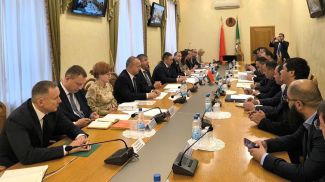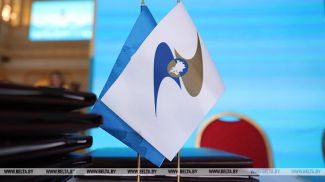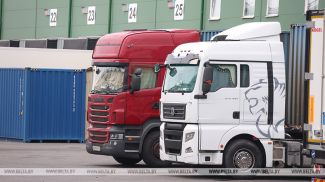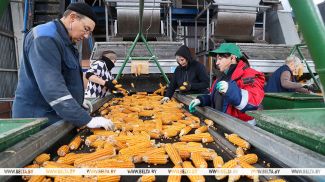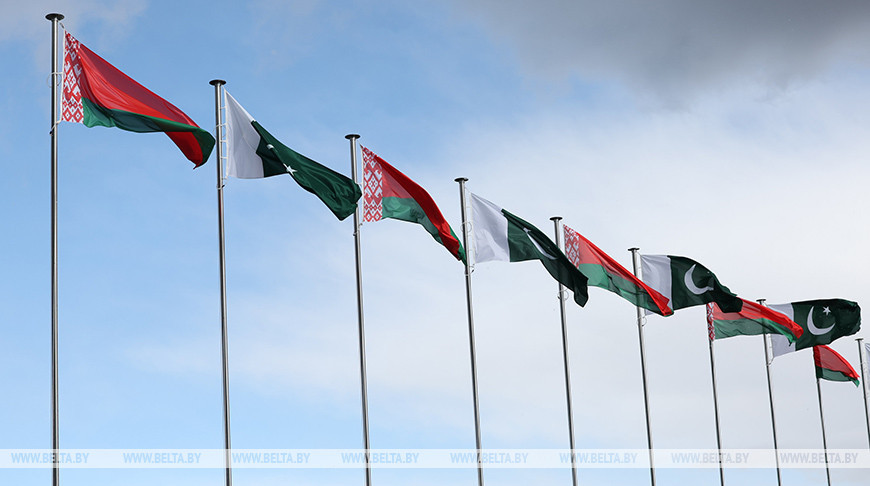
MINSK, 4 May (BelTA)- Economic expert, head of the Aksios educational center of Giprosvyaz Yuliya Abukhovich commented on the key sectors where Belarus-Pakistan cooperation holds the greatest potential, BelTA has learned.
"Belarus and Pakistan occupy different positions in the international division of labor, which makes their economies complementary," she said. "Pakistan’s textile industry remains its largest manufacturing sector. Alongside textile products, the country produces high-quality leather and leather goods. Agriculture is one of the most critical sectors. Pakistan is among the world's top producers of basmati rice, renowned for its long grains."
In recent years, Pakistan has seen significant growth in imports of agricultural machinery and vehicles, including kits for small-scale and large-scale assembly. This trend is driven by the government’s push to stimulate domestic industrial production, the expert added. Additionally, food imports, particularly of dairy products, have increased due to rising market demand. Government support for the agricultural sector has also fueled a growing need for fertilizers.
"Pakistan and other South Asian nations have a strong interest in the opportunities Belarus can offer. The region continues to undergo a ‘Green Revolution’ in agriculture. Pakistan, the world’s fifth most populous country with 240 million residents and a rising population, requires an ever-growing food supply," the economist emphasized.
Future plans for Belarus-Pakistan cooperation include establishing two assembly plants for tractors: one producing models up to 60 horsepower and another for tractors exceeding 100 horsepower, which are in high demand in Pakistan. Until now, the country primarily received lower-powered tractors, capped at 100 horsepower.
The key priorities for bilateral cooperation in the near future are clear, Yuliya Abukhovich stated. "These include the manufacturing industry, agriculture, pharmaceuticals, and energy sector. The Pakistani market has strong demand for Belarusian agricultural machinery, industrial equipment, petrochemical products and dairy goods. It is crucial to establish joint ventures, expand dealer networks and enhance the promotion of our national brands in both countries," she concluded.




